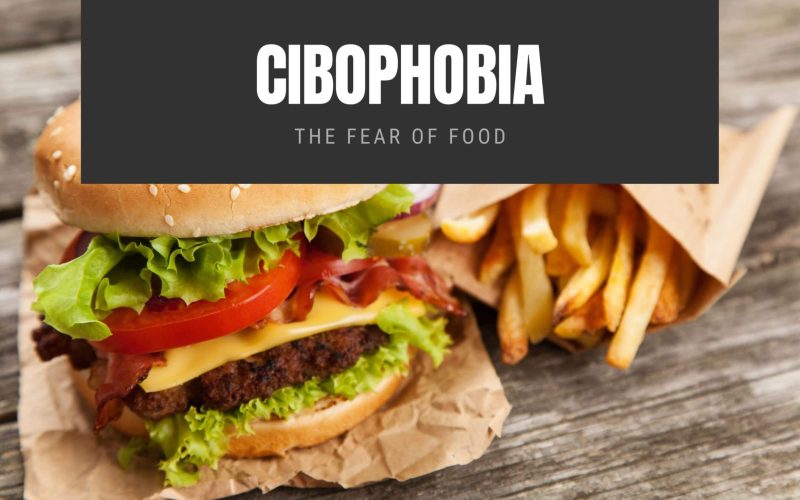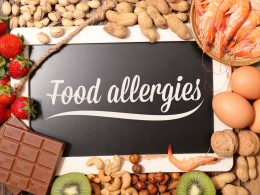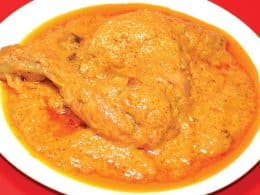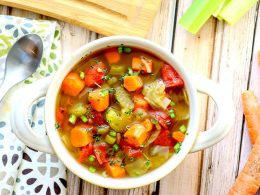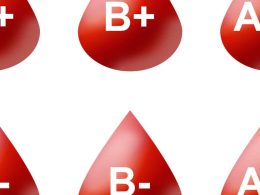Several distinct phobias have been identified in the literature related to psychopathology. Still, perhaps none are as crippling or have serious health consequences as Cibophobia, the excessive and persistent fear of food.
Food phobia is often referred to as’ food aversion or phobia of choking.’ Cibophobia or Sitophobia is derived from the Greek Sitos, which means bread, and photos, which means fear.
The fear of food and the fear of public eating is frequently misused by each other. Notice that the latter is a social anxiety disorder in which, out of fear of humiliating himself, the individual refuses to eat or drink in front of others.
On the other hand, Cibophobia is chronic, and patients, usually teens and young children, can not verbalize what they fear.
The causes of Cibophobia
Fear of food, chewing, or swallowing fluids is typically attributed to a harmful or painful episode after eating or drinking, such as choking, vomiting, and more.
Some individuals still experience this fear well into their adulthood. Cibophobia is often associated with anorexia, bulimia, and other eating disorders as well as behavioral conditions.
A few cases of fear of food are particular in that; the phobic is only afraid of perishable food items like milk & milk products, mayonnaise, and so on.
This may occur because of a previous bad experience of consuming these food products (likely expired), leading to gastrointestinal distress.
When he/she is faced with a stressful situation, the brain then remembers those feelings.
Symptoms of cibophobia
Several physical and psychological effects associated with this disorder are dealt with by Cibophobia patients.
Fear of food leads to an unhealthy concern with how food is prepared or expiry dates on edible goods.
This results in overcooking or totally avoiding meat, refusing to eat in some restaurants, and many more.
Some phobics consume very little, leading to health conditions and dietary deficiencies. Their disorder is sometimes mistaken for anorexia or other eating conditions.
The phobic live in constant fear that he or she is going to choke on food. When forced into feeding, he or she may vomit, scream or throw a temper tantrum.
Some infants and teens refuse to consume solid foods. However, to preserve their wellbeing, their diet has to be complemented with sufficient protein-rich soft foods and vitamin/mineral supplements.
Their disorder can also lead to disputes in their homes. Distress and conflicts with colleagues at schools are also widespread.
Other food phobias
Cibophobia is the most prevalent type of food phobia, but it’s not the only kind. One of these more basic categories maybe people with:
Food neophobia
Neophobia over food is the apprehension of new foods. For certain people, it may trigger extreme anxiety and fear to experience fresh foods. In infants, it’s prevalent.
Mageirocophobia
Mageirocophobia is the fear of getting food cooked. Fear of cooking or consuming undercooked food is the most common form of mageirocophobia, resulting in illness or food that is inedible.
Emetophobia
Emetophobia is the fear of vomiting. For example, If you’re afraid of being ill and having to vomit, you could be fearful of food because it might make you sick.
This phobia will spontaneously grow. After a person has gotten ill and vomited because of food, it could also develop.
Treating the cibophobia
Food phobias can successfully be treated. Treatments may include:
- Cognitive Behavioural Therapy (CBT): This therapy requires talking about the thoughts and interactions with food with a mental health professional. Kindly work together with a mental health professional to find a way to reduce negative thoughts and anxiety.
- Exposure: This supervised activity puts you in touch with the fear-generating foods. With this therapy, and in a supportive environment, you will learn to cope with your feelings and reactions to food.
- Medication: Antidepressants and, in rare cases, anti-anxiety medications can be used to treat food-phobic people. Nonetheless, these drugs are not commonly used because of their elevated liability for addiction. Beta-blockers can also be used on a short-term basis to help alleviate emotional reactions and anxiety.
- Hypnosis: Your brain can be open to re-training in this profoundly relaxed state. A hypnotherapist can make suggestions or provide verbal indications that can help reduce the adverse food reactions you have.
Some people have food that they don’t want. Nevertheless, you might have a food phobia when the fear of food interferes with your everyday life and keeps you from enjoying meals.
A food phobia may have a severe effect on your health and life if left untreated.
Treatment will assist you in conquering those concerns and adopting a safe food partnership. Speak to a doctor if you think you have a food phobia or food-related fears.
This is a crucial first step in order to help you find a diagnosis and effective treatment.



